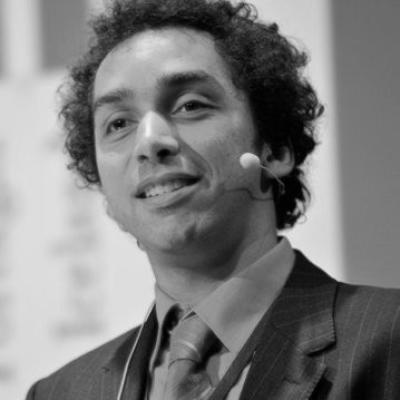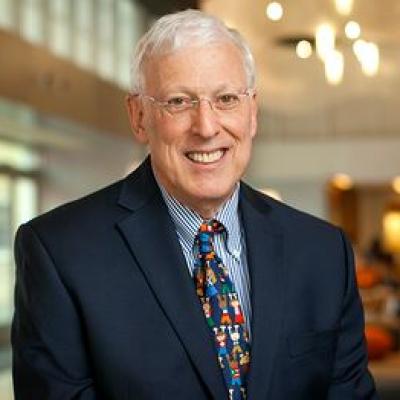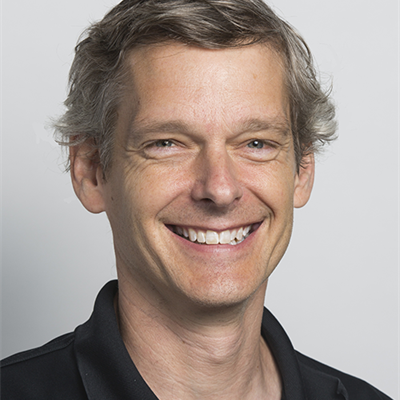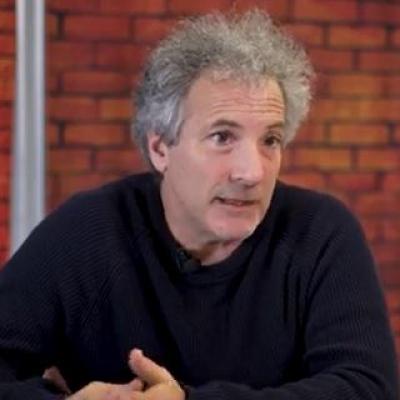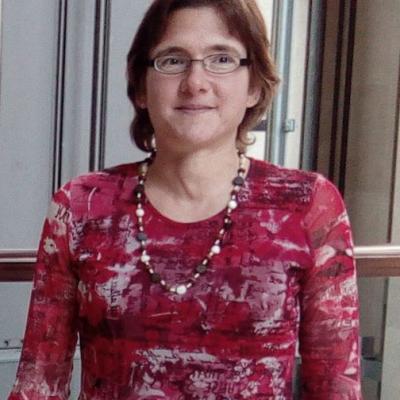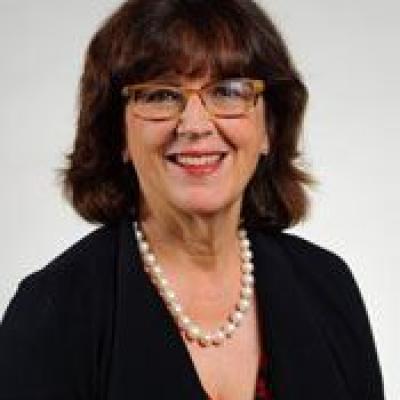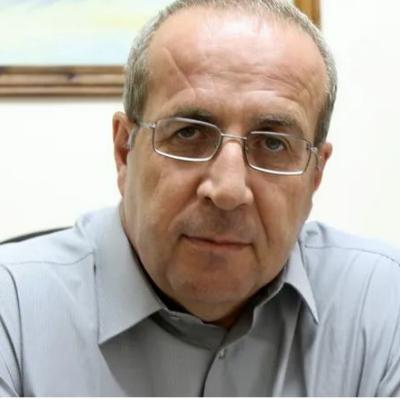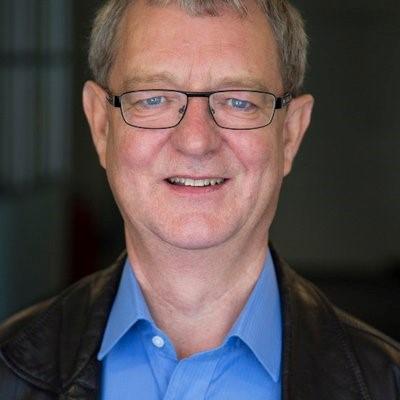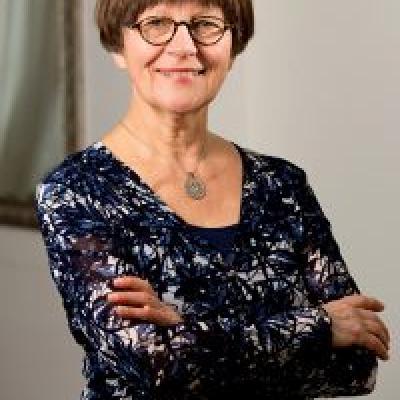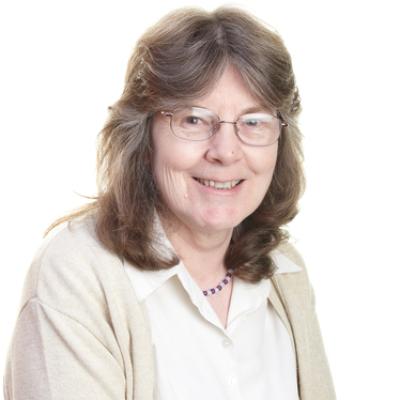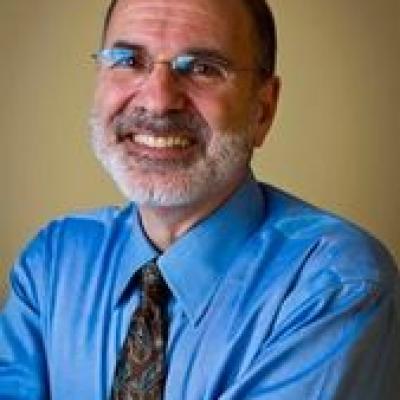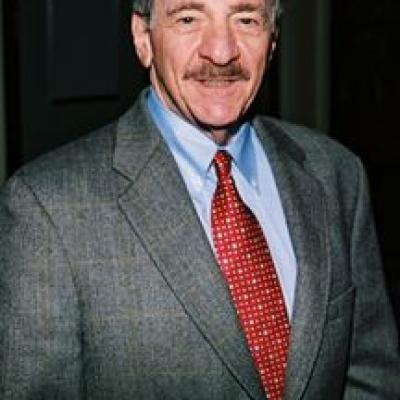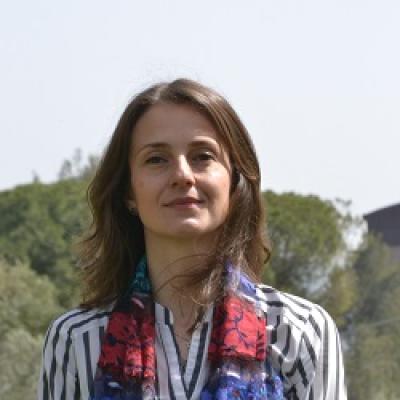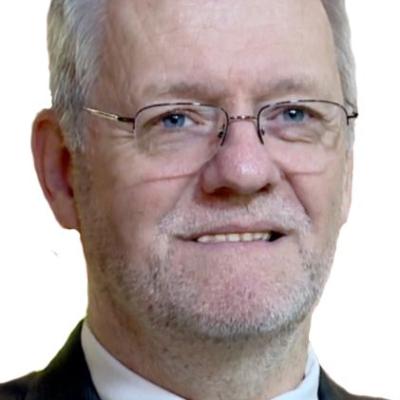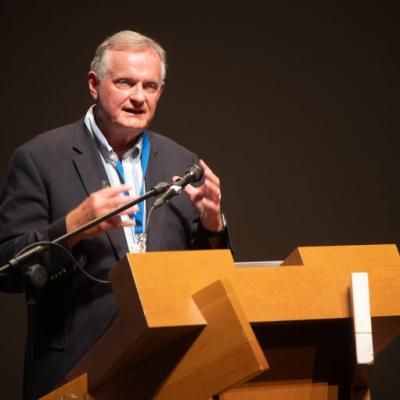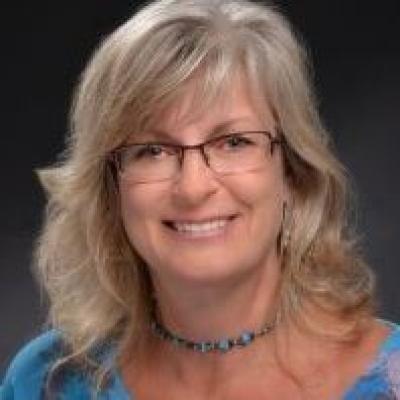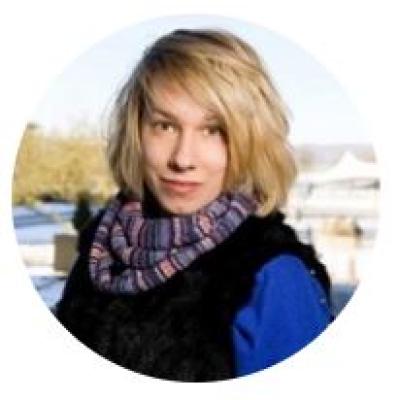Keynote Speakers
The conference will introduce a number of keynote speakers
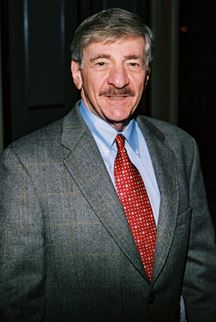
Joseph S. Renzulli
Where Do Ideas Come From?
A Backward & Forward Glance
At Talent Development & Creative Productivity
Joseph S. Renzulli, Director
The National Research Center on the Gifted and Talented
University of Connecticut Board of Trustees Distinguished Professor
Raymond and Lynn Neag Professor of Gifted Education and Talent Development
We are all capable of developing creative ideas, and with just a little extra imagination and task commitment we can also use these ideas to make important contributions to developing our own giftedness and sharing it with others. Joe will use some of his own early life experiences as well as those of others to show how ideas can be put to work in our own classrooms and even across the nation.
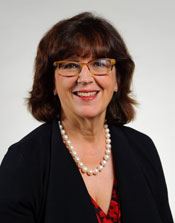
Sally Reis
Coming Soon
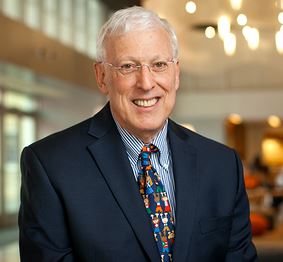
Robert Sternberg
Coming Soon
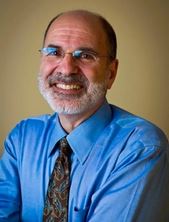
Jack Naglieri
International Application of the Naglieri General Ability Tests: Verbal, Nonverbal and Quantitative
Tests such as the COGAT, WISC, and NNAT are the three most widely used tests to identify gifted students in the US. These tests are similar in that they all measure general ability but different in test content. The first two require verbal and quantitative academic knowledge which complicates international applications. The NNAT works well internationally but it does not include verbal or quantitative content. The Naglieri General Ability Tests: Verbal (Naglieri & Brulles, 2024), Nonverbal (Naglieri, 2024) and Quantitative (Naglieri & Lansdowne, 2024) were explicitly developed so that the items can be solved using any language, the tests do not require academic knowledge, animated instructions replace long verbal directions, and no oral response is needed from the examinee. The rationale, validity and research support for these new tests will be presented.
Jack A. Naglieri, Ph.D. is a former Professor at Northern Arizona University, The Ohio State University and George Mason University and currently Senior Research Scientist at the Devereux Center for Resilient Children. He published 23 books, 51 tests and rating scales, and 300 research papers. He is widely known for his emphasis on innovative approaches to assessment of intellectual ability using tests such as the Cognitive Assessment System-2, Naglieri Nonverbal Ability Tests, Autism Spectrum Rating Scale, Comprehensive Executive Function Inventory and most recently the Naglieri General Ability Tests: Verbal, Nonverbal and Quantitative. He has an extensive test development and research program with emphasis on psychometric quality, equitable assessment, academic interventions and uniting sound theory with equitable scientific practice. He is also the recipient of many professional awards.
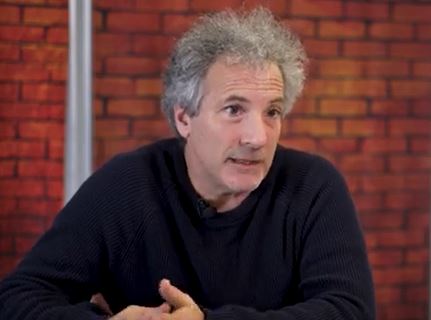
Todd Lubart
Coming Soon
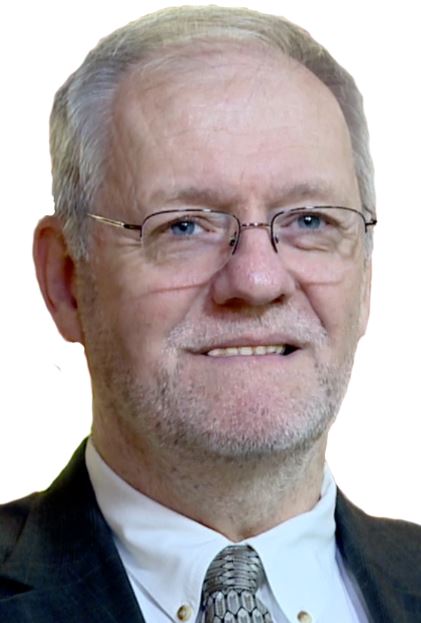
Don Ambrose
Inventing New Creative and Critical Thinking Strategies based on Interdisciplinary Exploration
A variety of creative and critical thinking strategies are used throughout gifted education programs and to some extent in general education and business and industry. These strategies have been very beneficial. But we can do more! My interdisciplinary explorations have enabled me to discover intriguing constructs in the conceptual terrain of more than 25 academic disciplines and professional fields. With a little creativity, many of these concepts can be turned into new creative and critical thinking strategies. In this session we explore a collection of strategies that have been in use for years as well as new strategies that were created based on concepts from various disciplines. We also consider how students and adult innovators can use the strategies to energize their work. We look at the step-by-step implementation procedures for some of the strategies, and examples of their application to various topics. We also consider the ways in which the strategies strengthen our creative and critical thinking. Here is a brief sampling of the new strategies we will explore: the invention machine, visual metaphor, undermining your own position, chaos-complexity-order analysis, panoramic timeline impact analysis, artistic hypothesis generators, moral-legal overlap analysis, worldview analysis, altruistic analysis, aggressive-assertive-passive analysis, macroproblem analysis, intellectual spectrum exploration, and personal responsibility determination.
Don Ambrose, Ph.D., is professor emeritus of graduate studies at Rider University and editor of the Roeper Review, an international research journal addressing giftedness, creativity, and talent development. He serves on the editorial boards of major journals in creative intelligence fields and for several book series. Don has initiated and led numerous interdisciplinary scholarly projects involving eminent researchers and theorists from various fields including gifted education, general education, creativity studies, cognitive science, neuroscience, ethical philosophy, psychology, political science, economics, law, history, sociology, theoretical physics, and critical thinking. Examples of topics addressed by the many books he has published include interdisciplinary explorations of creative intelligence; the moral-ethical dimensions of giftedness; 21st-century globalization and its effects on creative intelligence; innovative, holistic education for the gifted; applications of complexity theory to high ability, transformational giftedness; creativity fueled by constraints; and panoramic overviews of the gifted education field.

Christine Boyko-Head

Lynn D. Newton
Coming Soon

Esra Kanlı
Coming Soon

Kenneth (Ken) Reimer
Empathic Creativity and Peace Education
We live in a world where problems are getting greater and more complex. We live in a time that is becoming increasingly polarized. Society urgently requires school systems that promote creativity, empathy, and inclusion. Most important, we need to promote PEACE. This presentation explores the potential of merging some of the best components of creativity, empathy, and inclusion into a construct known as “Empathic Creativity” and ways in which it can be taught in schools and used as a means to promote peace education.
Dr. Kenneth (Ken) Reimer is an Associate Professor in the Faculty of Education (Inclusive / Special Education) at the University of Winnipeg (Canada). Prior to this, he had a twenty-five year career in Canada’s public school system. This included positions as a mainstream, special education, and resource teacher, guidance counselor, and school administrator/principal in six different schools in two different school divisions. Recently Dr. Reimer has collaborated on inclusive education projects with Cambridge University, Ubisoft, and has conducted workshops and teacher training in K-12 schools in Brazil, Guatemala, and Mexico. Most recently Dr. Reimer delivered a keynote address at the International Centre for Innovation in Education’s (ICIE) Conference on Excellence, Innovation, & Creativity in Basic-Higher Education & Psychology in Bucharest, Romania (October 3-6, 2024). Dr. Ken Reimer holds a Ph.D. in Inclusive Education (2014) from the University of Manitoba. ke.reimer@uwinnipeg.ca

Chris Rogers
Chris Rogers' current research work falls into four areas: (1) manufacture of musical instruments (Steinway and Sons and Conn-Selmer), (2) engineering education (LEGO Education, LEGO Foundation, PTC, Kodosky Foundation and the NSF), (3) educational robotics (LEGO, NSF, National Instruments), and (4) education outreach (LEGO Foundation, LLL Foundation). The first is mainly aimed at optimizing existing manufacturing processes and the other three look at ways of understanding how students think and then using that knowledge to develop new educational technologies and work with teachers and schools in the use of these technologies.
As a founding member of the Tufts Center for Engineering Education and Outreach, Rogers' additional work falls into four parts: (1) education research, (2) tool development, (3) outreach, and (4) teacher professional development. Through the Center, CEEO works with thousands of teachers every year as part of the LEGO engineering conference circuit and the LEGOEngineering.com website. CEEO collaborates with a dozen universities and industries in developing volunteer programs to assist teachers in bringing engineering into the classroom. CEEO also develops tools (LEGO-based and around movie making) to increase opportunities for kids. Finally, CEEO combine this work with education research to inform development and outreach strategies.
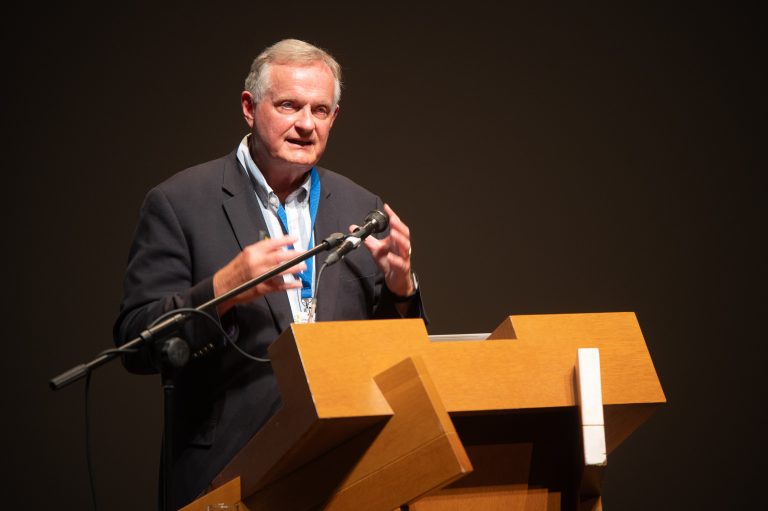
Del Siegle
Coming Soon
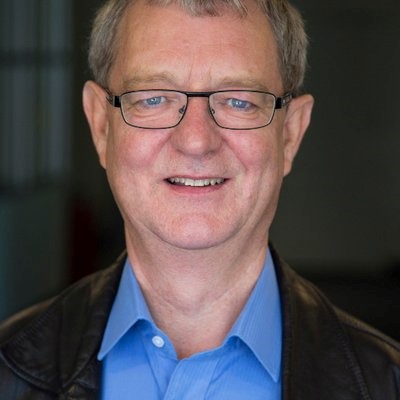
Peter Gamwell
Coming Soon
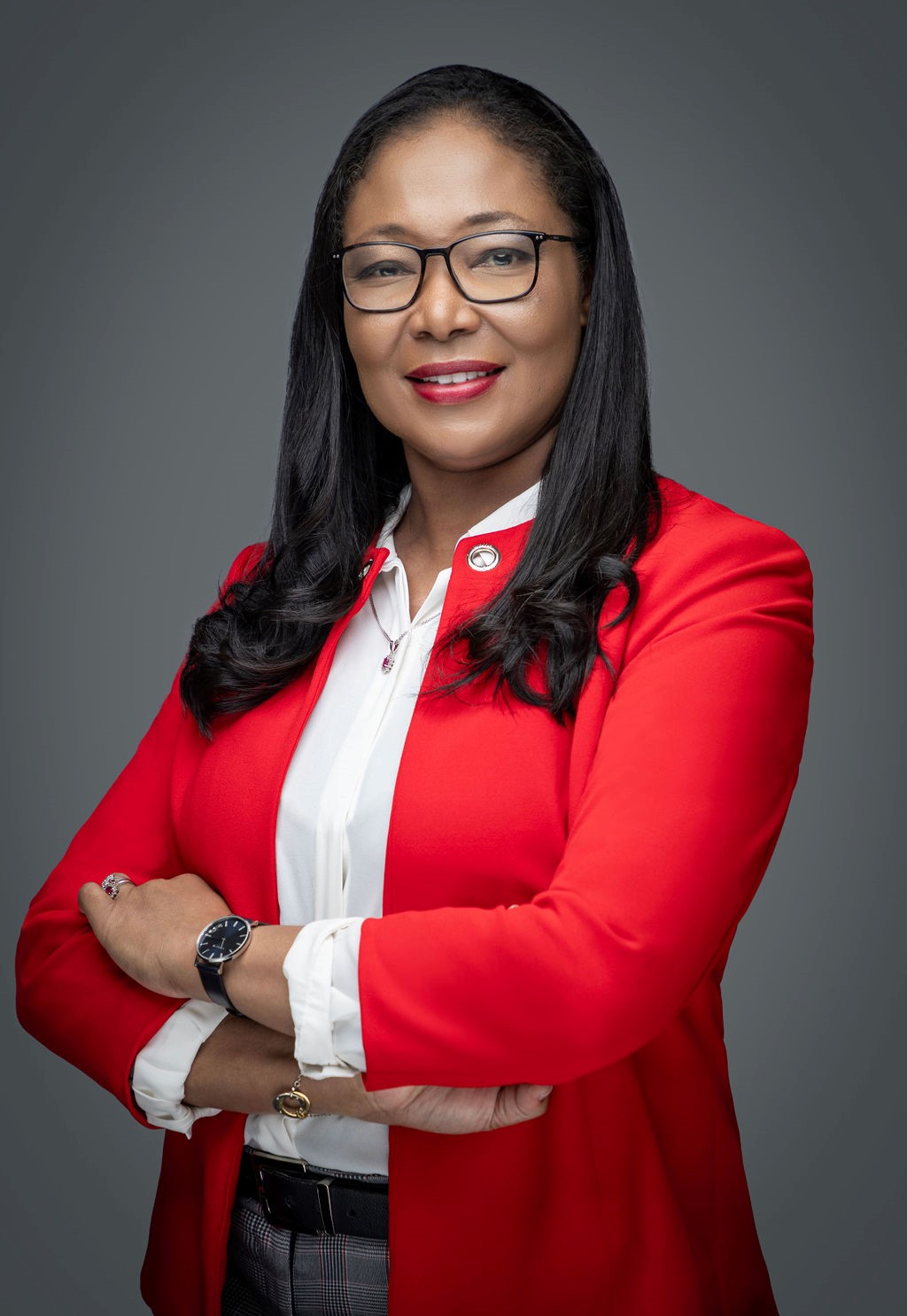
Racquel Warner
Inclusive Impact: How AI Is Transforming Student Engagement in Higher Education"
As artificial intelligence (AI) continues to redefine educational landscapes, its potential to enhance inclusivity and meaningful engagement in teaching and learning has come into sharper focus. This keynote explores how AI-powered tools can support educators in creating more responsive, personalised, and equitable learning experiences. Drawing on current research and practical applications, the session highlights how AI can help identify and address diverse learner needs, facilitate formative feedback at scale, and free educators to focus on higher-value interactions. From automating routine administrative tasks to enabling adaptive learning pathways, the keynote demonstrates how AI can be leveraged not to replace educators, but to amplify their impact—particularly in diverse, multicultural, and transnational classrooms. Through interactive discussion and live polling, participants will critically examine both the promises and ethical challenges of integrating AI into pedagogical practice, and reflect on the competencies educators need to harness its full potential. This session ultimately invites educators to reimagine their roles in a future where human-centred teaching is augmented, not diminished, by intelligent systems.
Dr. Racquel Warner is an academic, researcher, and entrepreneur with a dynamic career spanning higher education, sustainability leadership, and executive training. She is known for designing impactful learning experiences that empower students and professionals to thrive in complex, future-oriented environments. She currently serves as the Executive Associate Dean of Academic Quality at Heriot Watt University and she is also a non-resident research fellow at the Mohammed Bin Rashid School of Government, where she worked as an Associate Professor for 6 years. With a research focus on inclusive pedagogy, academic literacy, and the integration of emerging technologies in education, Dr. Warner is a passionate advocate for using AI to enhance equity and engagement in the classroom. She leads a successful corporate consultancy called RAE Consultants and has delivered workshops and keynotes internationally on sustainable leadership, assessment design, and digital innovation in teaching and learning.
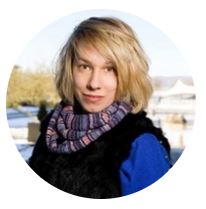
Christiane Kirsch
Coming Soon
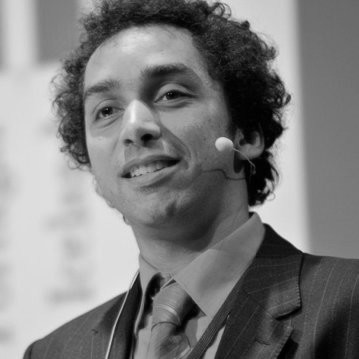
Stéphan Vincent-Lancrin
Coming Soon
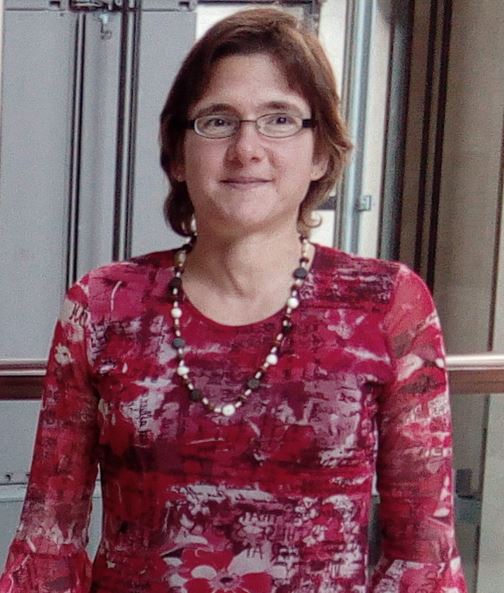
Sandra K. Linke
Future Education:
Productive Thinking, Creativity & Innovation
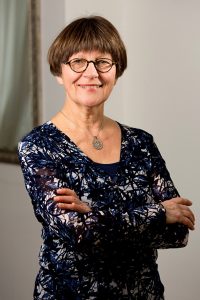
Noks Nauta
Gifted Worksers
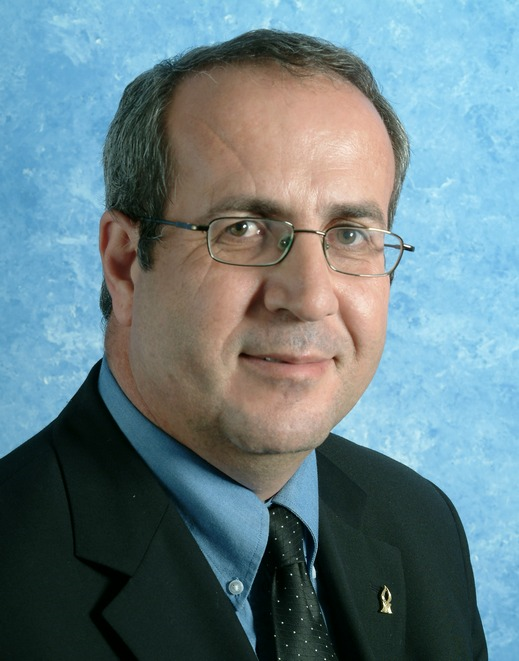
Riad Agbaria
Coming Soon
